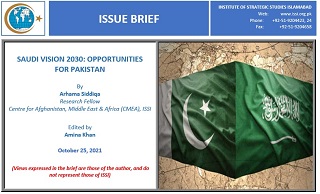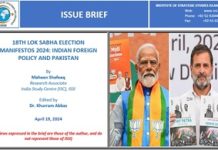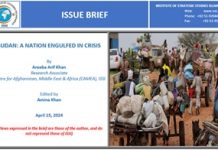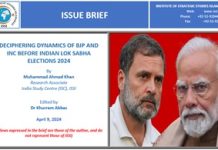As the world adapts itself to the pandemic, countries are adjusting their respective development projects in the epoch of the ‘new-normal.’ One such country is Saudi Arabia whose goal is to become a vibrant, ambitious and economically resilient nation in the next nine years through its Vision 2030. The Saudi national rejuvenation plan, a brainchild of King Salman bin Abdulaziz Al Saud and his son Mohammed bin Salman Al Saud (now de-facto ruler) came about in 2016 in the backdrop of falling oil prices. The economic blueprint seeks to transform the Kingdom from a petro-state to an industrial manufacturing-based productive economy. Until recently, Saudi Arabia was the world’s major producer and exporter of oil and its economy was highly oil-dependent. In 2018, oil revenues represented as much as 42% of the kingdom’s GDP, 90% of export earnings and 87% of budget revenues. In essence, the Saudi economy is run, fed and sustained by oil.[1]
The original idea for the Vision came from a 2015 document ‘Saudi Arabia Beyond Oil’ developed by the business consulting firm McKinsey Global Institute (MGI). The report highlighted the pitfalls of Saudi Arabia’s disproportionate dependence on oil revenues and underlined actions the Kingdom should take to expand its economy away from oil dependence to build a sustainable economy. [2]















